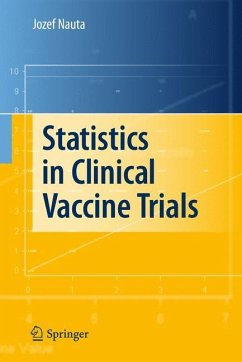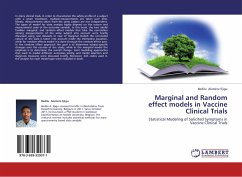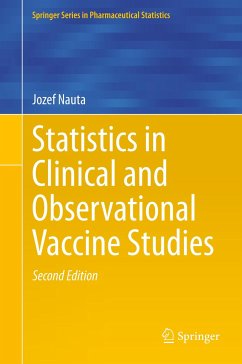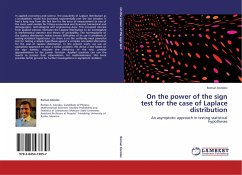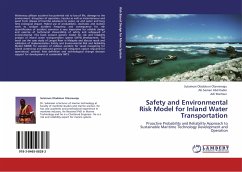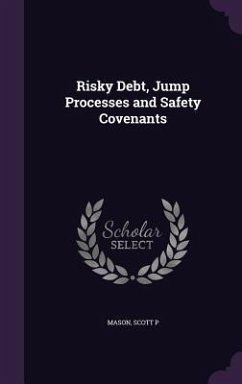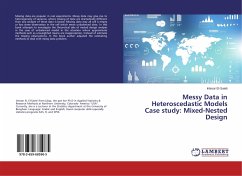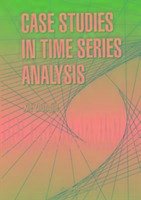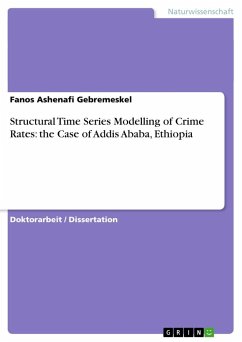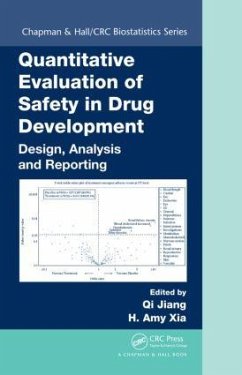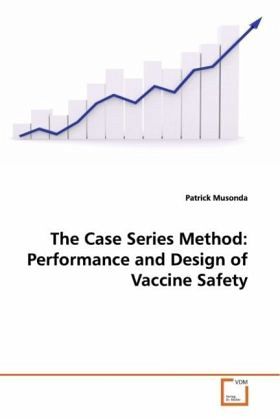
The Case Series Method: Performance and Design of Vaccine Safety
Versandkostenfrei!
Versandfertig in 6-10 Tagen
52,99 €
inkl. MwSt.

PAYBACK Punkte
26 °P sammeln!
The self-controlled case series method (SCCSM) is a novel study design to investigate associations between acute responses with transient point exposures (for example vaccination). The method provides an attractive alternative to cohort and case-control designs. The method is unusual in that it requires data only on individuals who experience a response (the cases ). The data are then analysed using a Poisson model, conditional on the total number of events occurring for each individual. This conditioning ensures that including only cases does not bias the relative risk estimator. The self-con...
The self-controlled case series method (SCCSM) is a
novel study design to investigate associations
between acute responses with transient point
exposures (for example vaccination). The method
provides an attractive alternative to cohort and
case-control designs. The method is unusual in that
it requires data only on individuals who experience
a response (the cases ). The data are then analysed
using a Poisson model, conditional on the total
number of events occurring for each individual. This
conditioning ensures that including only cases does
not bias the relative risk estimator. The self-
controlled case series method has been used
to good effect in many settings, such as MMR vaccine
and autism, oral polio vaccine and intussusception,
MMR vaccine and idiopathic thrombocytopenic purpura,
influenza vaccine and asthma exacerbations.
However, hitherto, limited research had been
undertaken on the statistical properties of the
method in general, and virtually no work had been
undertaken on design issues. All these issues were
explored and consolidated by analysing data on
intussusception and oral polio vaccine from
GlaxoSmithKline (GSK).
novel study design to investigate associations
between acute responses with transient point
exposures (for example vaccination). The method
provides an attractive alternative to cohort and
case-control designs. The method is unusual in that
it requires data only on individuals who experience
a response (the cases ). The data are then analysed
using a Poisson model, conditional on the total
number of events occurring for each individual. This
conditioning ensures that including only cases does
not bias the relative risk estimator. The self-
controlled case series method has been used
to good effect in many settings, such as MMR vaccine
and autism, oral polio vaccine and intussusception,
MMR vaccine and idiopathic thrombocytopenic purpura,
influenza vaccine and asthma exacerbations.
However, hitherto, limited research had been
undertaken on the statistical properties of the
method in general, and virtually no work had been
undertaken on design issues. All these issues were
explored and consolidated by analysing data on
intussusception and oral polio vaccine from
GlaxoSmithKline (GSK).



